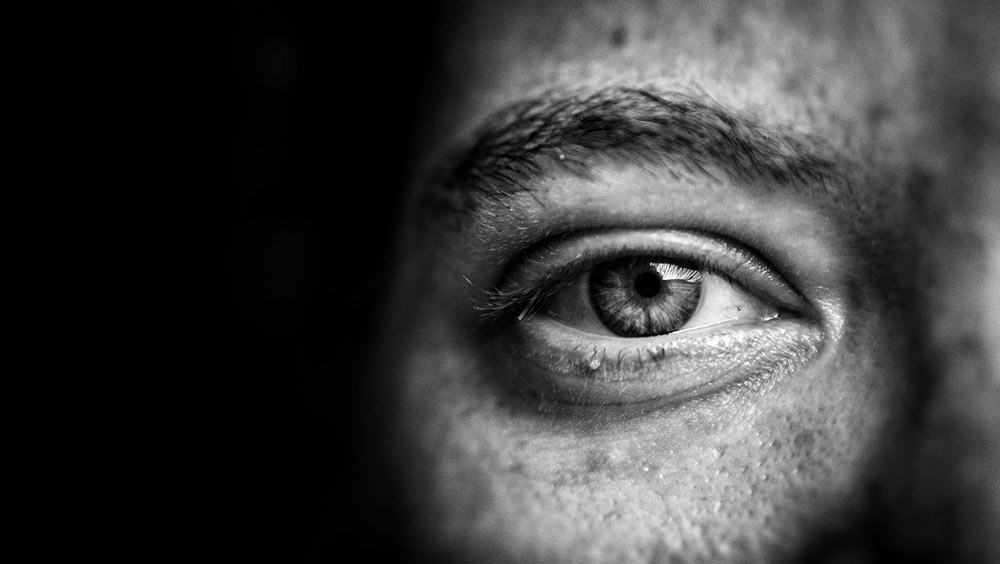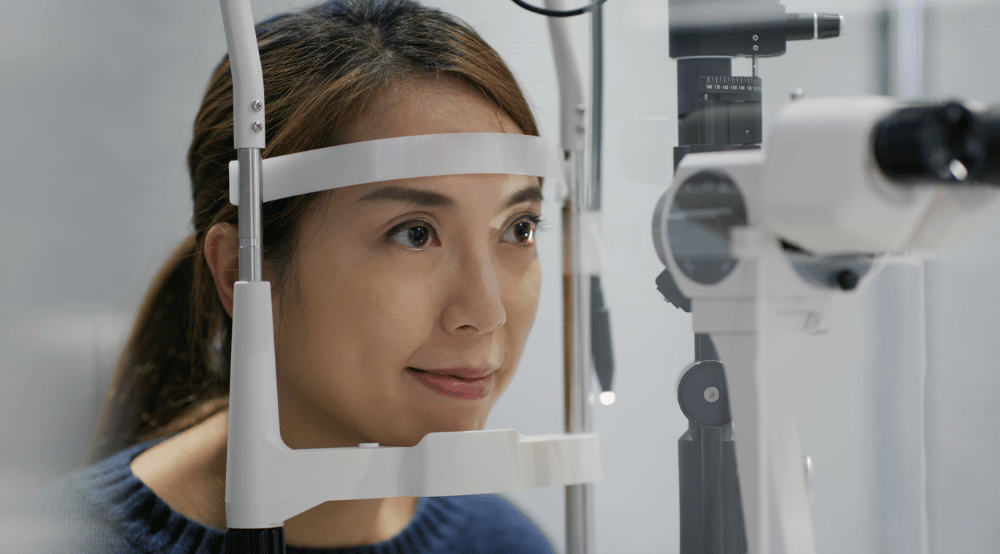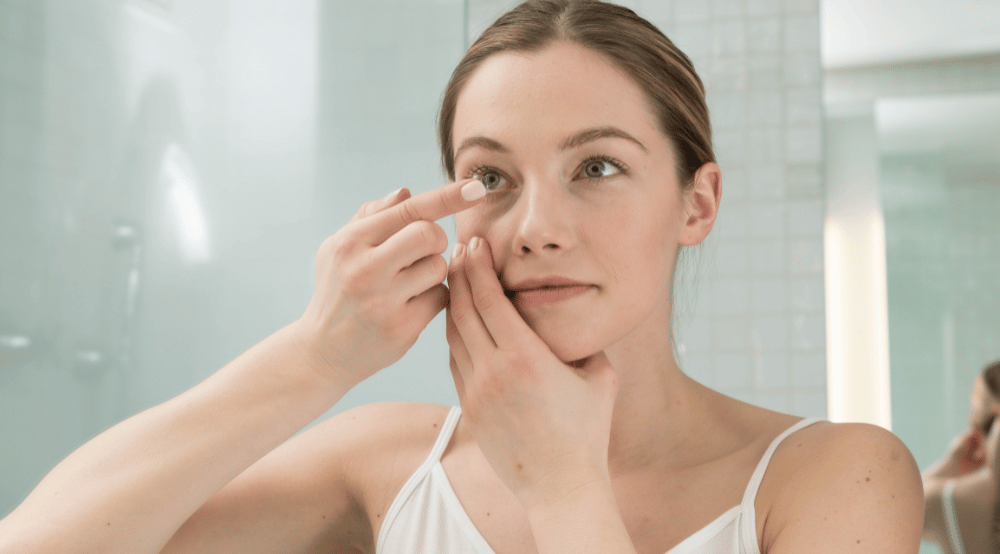November is Diabetic Eye Disease Awareness Month, which aims to increase awareness of diabetes and diabetic eye disease. This month in particular, Dr. Mitchell would like to encourage people with diabetes to seek treatment for vision problems related to their diabetes.
What is diabetes?
Diabetes is a chronic disease that is reaching near-epidemic levels in our country. Diabetes is a disease that results in the body losing the ability to process and use glucose efficiently. In mild cases, just adjusting diet and activity levels can help encourage healthy glucose use. In advanced cases, the body may require the use of oral medications to encourage glucose use or injectable insulin to facilitate glucose processing.
Diabetic eye disease
If glucose isn’t regulated and used properly in our body, it can build up in the bloodstream. Too much glucose in the bloodstream can prevent blood from properly delivering oxygen and nutrients to tissues throughout our body. This can lead to blood vessel damage and damage to sensitive tissues as a result of hypoxia, or not enough oxygen. The smallest blood vessels at the end of the line are most susceptible to this kind of damage. This is why damage can happen in the extremities, like fingers and toes.
The blood vessels inside our eyes are among these smaller more vulnerable vessels that are prone to damage from chronic high or fluctuating blood glucose. When blood vessels inside the eyes sustain damage, the surrounding tissue called the retina can suffer as well. When the retina is damaged, it is called diabetic retinopathy. Diabetic retinopathy includes bleeding of blood vessels inside the eyes, growth of new, faulty blood vessels in the retina, hypoxia of the retina (dying nerve tissue due to lack of oxygen), and swelling or separation of the retinal tissue (particularly the macula which is our detailed central vision). Any type of diabetic retinopathy can cause changes to visual clarity and, in some cases, can lead to missing areas of vision and even blindness.
In addition to the problems from diabetic retinopathy, having diabetes makes other eye diseases much more likely to develop such as glaucoma, macular degeneration, and cataracts.
The importance of eye exams
Vision problems and blindness related to diabetic retinopathy are often preventable and, in some cases, reversible. Close monitoring and management of blood glucose with a primary care physician or endocrinologist can prevent these problems from occurring. If signs of diabetic retinopathy are noted, revision of diabetes management may help reverse course.
The key to all of this is early detection and awareness. If you know you have diabetes, you should be seeing an eye care provider at least annually for a detailed eye health and vision examination. Often diabetes can develop in the early stages (sometimes called insulin resistance syndrome) and may be starting to influence vision without a person’s knowledge of the situation. Dr. Mitchell regularly identifies people with diabetes. This is based on early changes related to diabetic retinopathy that were detected during their eye exam. Dr. Mitchell can then refer them to their primary care provider for further evaluation.
To recognize those who have lost vision from diabetes, and to encourage awareness of this growing issue, Dr. Mitchell is pleased to offer free diabetic eye screening throughout the month of November. This screening will not replace a detailed comprehensive eye examination but will involve taking specialized images of the retinal tissue to look for obvious signs of diabetic retinopathy. Dr. Mitchell will review and discuss these images with you and make recommendations about any further follow-up that may be important.
Call our office to schedule your free diabetic eye disease screening if:
- You have diabetes but haven’t had an eye exam for a while.
- You have diabetes, keep up with your eye exams, and are just interested in reviewing your retinal health.
- You don’t have diabetes but haven’t had a general physical for a while.
- You don’t have diabetes but would like to learn more about your retinal health.




